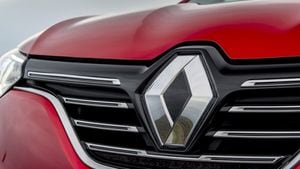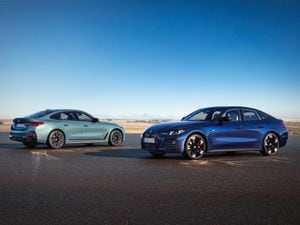Renault introduces diesel software update as emissions scandal rumbles on
The French company acknowledges room for improvement and brings in software tweaks for new diesel engines

Renault is reprogramming the software on its diesel vehicles in a bid to improve real-world emissions.
The announcement comes in the wake of damning evidence from consumer organisation Which? that claimed the brand’s vehicles emit up to nine times the legal limit for nitrogen oxide (NOx) emissions.
It also comes just a week after the newspaper Liberation published what it claimed were excerpts from a leaked French government report suggesting Renault had been cheating emissions tests for 25 years. However, Renault has said it “cannot cannot confirm the veracity, completeness and reliability” of the report.
The French company says it “has been aware” of discrepancies between nitrogen oxide emissions of vehicles on the road and the results achieved in lab tests, and that it has been gradually introducing a software update on new diesel engines since July last year.
A statement from Renault said: “There remains significant potential for improvement regarding the release of NOx in real-use conditions. As a result, Renault has defined a range of actions that have been applied gradually in the production of diesel vehicles since July 2016.”
As well as applying the update to new vehicles, Renault will soon also be offering customers the chance to apply the fix to cars that have already been delivered free of charge.
Although the move is similar to the voluntary recall issued by Volkswagen after the Dieselgate emissions scandal, the measure does not amount to a full recall and Renault says the vehicles Which? cited as having excessively high emissions would not have benefited from the application of the modifications.
The company maintains it has done nothing wrong, saying: “All Renault vehicles are, and always have been, homologated in accordance with the laws and regulations for all the countries in which they are sold. They all conform to the current standards.”





